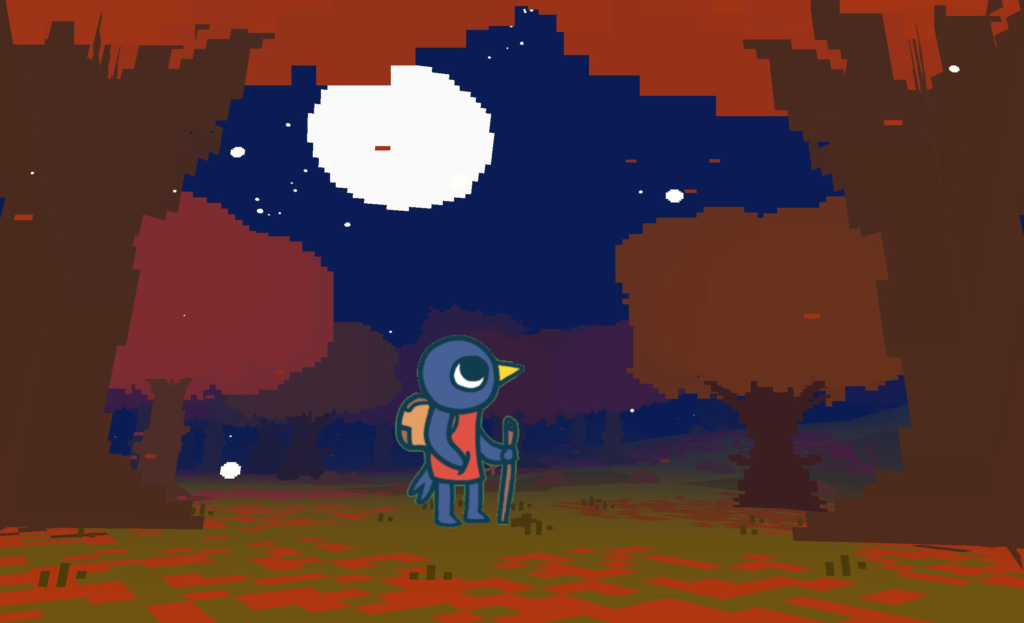
By Catriona
Sometimes I’m hit with the overwhelming urge to go outside. A controversial statement, I know. Unfortunately, this feeling doesn’t always match up with the weather, or an appropriate time. Or even local lockdown restrictions. Luckily for me, I’ve found two video games in which I can fully immerse myself in search of an appropriately outdoorsy walking experience.
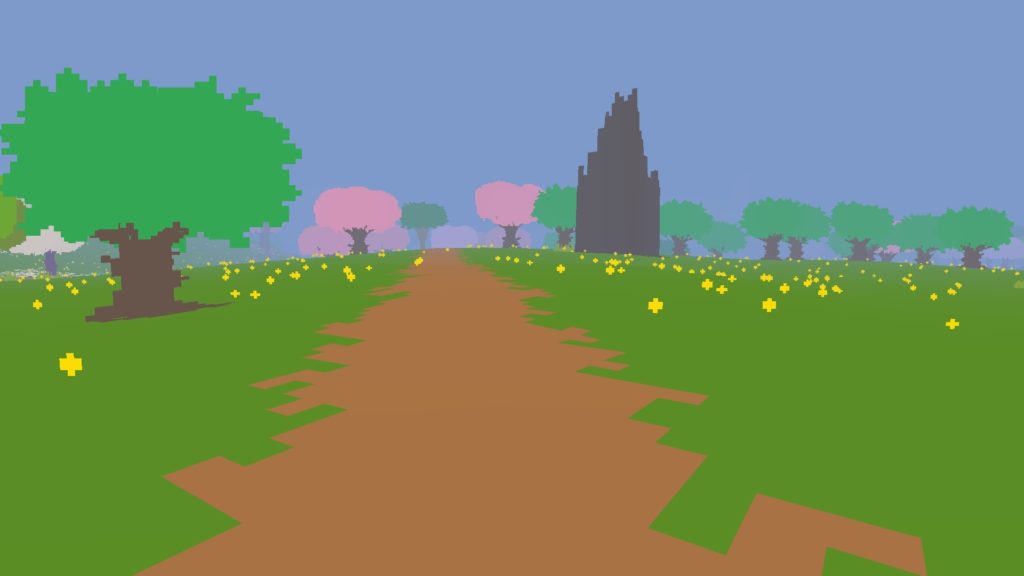
It was during my third wander through Ed Key’s ambient walkabout Proteus when I found myself delving a little too deeply into thoughts of isolation and absence, and the part of my brain that yearns to put my philosophy degree to use was awakened. Desperate to put it back to sleep, I indulged briefly in its musings and turned to my friend Sartre for advice.
Proteus, which is able to provide me with a distinct feeling of melancholy and isolation that few people should search for. I’ve never felt so profoundly alone in a game. With no objectives, maps, HUD, or flashing markers to tell you where you should be going or what you should be doing, you are left entirely to your own devices on an island filled only with wildlife and the remains of whoever (or whatever) was there before you.
These remains, and the lack of direction, create a distinct absence of something that I have come to expect in video games. (If I were cynical, I’d maybe say I’d come to expect a degree of handholding.) Instead, the game relies wholly on its stunning art and sound design. Contrasting the organic with the inorganic, the sound creates an unsettling, dreamlike atmosphere that makes me want to return to it again and again.
Proteus defines itself by its absence and isolation, both of which are themes Sartre uses for his definition of the experience of loneliness. He writes of a Parisian cafe, where he is supposed to be meeting his friend, Pierre. Sartre is running late for the meeting, and knows that Pierre is always on time, so as soon as he arrives in the cafe he enters it, expecting his friend to be inside. He is not. Instantly, the cafe is transformed — it is now characterised wholly by Pierre’s absence; it is not just any cafe, it is the cafe where Pierre is not.
Likewise, Proteus can seem like it is tantalisingly close to offering an explanation or suggestion as to what is happening on the island you find yourself in. However, as you delve further into the seasons and the soundscape you find that it becomes defined by the lack of story. This is the depth of loneliness that Sartre is attempting to explain, but it is not a negative experience, it’s just different. There’s no real beginning or end, but you still find yourself returning to the game in case you see something new, a quirk you missed the first time round. An animal you hadn’t noticed before. A really big owl to follow around for a bit (I really like that owl). And the game encourages this, and so you play it again and again, hoping that Pierre might show up and tell you what the goal was all along.
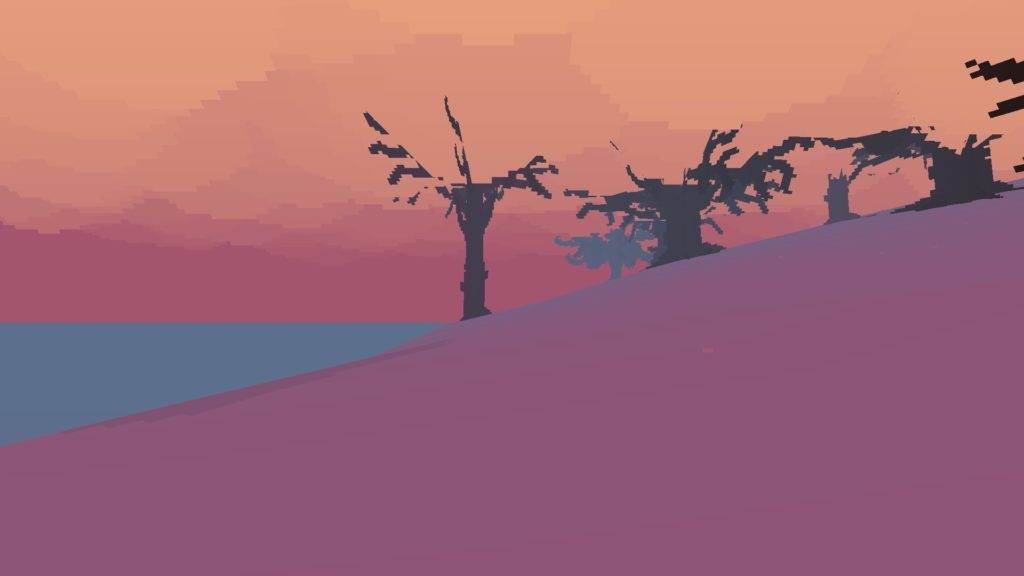
Luckily, Adam Robinson-Yu’s A Short Hike offers a slightly less lonely exploration of our connection with nature and what that might be like. You play as a character (who you can see, so hurray for no more existential confusion) who is trying to get a phone signal whilst out in the countryside. To do this, you must hike up a mountain. That’s it, plain and simple. See that big hunk of rock? Climb it. Also you’re a bird.
There are a couple of wonderful similarities between each game that really make them excellent companion pieces (especially if you’re playing them back to back). The sound design and lack of invasive menus are especially calming, and really get you into the relaxing feeling of just existing in the countryside.
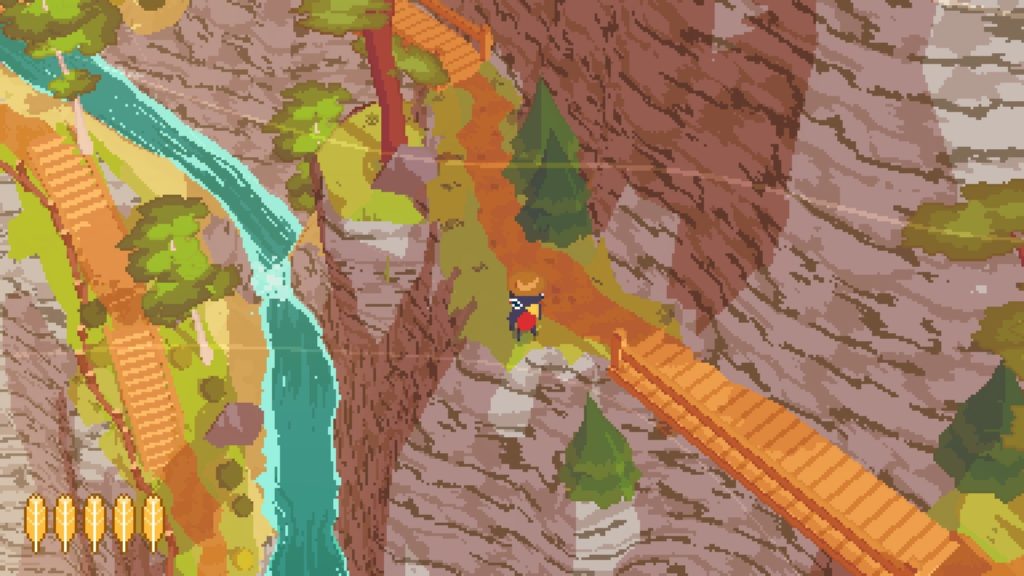
While Proteus is about absence and trying to piece together a sense of something, A Short Hike is really interested in connection through interaction. “Every walk is a sort of crusade,” Thoreau writes. Yup, this game too has some uncanny resemblances to another philosopher’s work, and I am determined to tell at least one person about it. Because Thoreau loved walking in nature, and he loved talking about how much he loved walking in nature, and about how you should be walking in nature, right now. This isn’t practical if you live in the middle of a city, but if you have a copy of A Short Hike available, it’s probably better than nothing.
Thoreau’s favourite analogy (metaphor isn’t a good enough word for him) is to compare the ripening of the seed with the development of human potential. This is an oddly comforting thing to consider as I wander around A Short Hike’s forests, pausing to discuss running tips with a rabbit, or just sitting, listening to the distant sound of the sea.
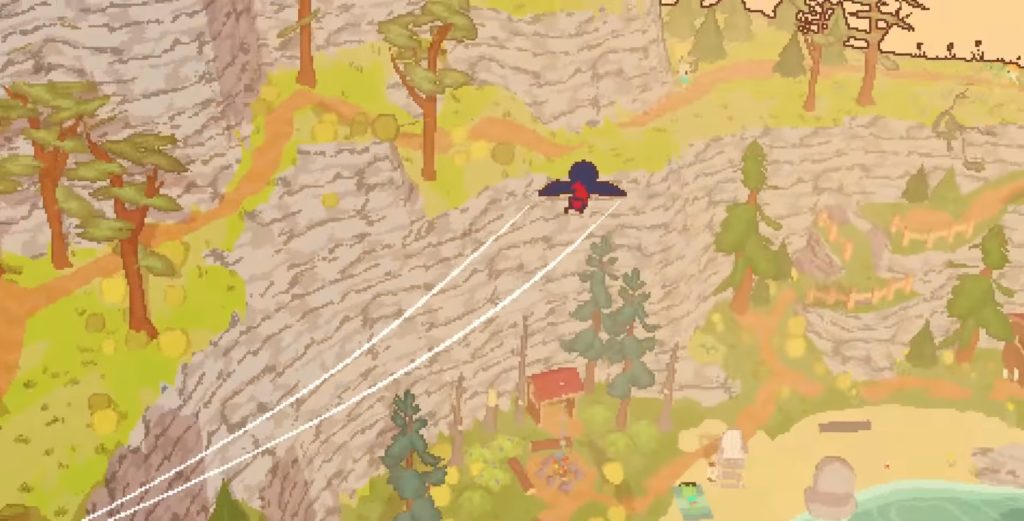
“I turn round and round irresolute sometimes for a quarter of an hour, until I decide, for a thousandth time, that I will walk into the southwest or west.” This isn’t just a quote about Thoreau’s walking habits — it’s also a perfect metaphor, sorry, analogy, for me getting lost in the game and story of A Short Hike. Connecting to nature is something that Thoreau values above all else: in order to be able to develop as a person we must experience nature to the fullest, and A Short Hike is able to give us some form of that feeling of expansion and growth. It just so happens to be reachable via a blue bird that ironically must climb a mountain instead of flying up it (didn’t think of that, did you Thoreau?).
In a time that has felt guided by loneliness and lack of direction, games such as Proteus and A Short Hike are able to remind us that it’s okay to be alone, and that sometimes taking a minute to be with your surroundings is all you need. Thinking about Sartre and Thoreau’s works on isolation and the beauty of nature, we can be safe in the knowledge that we don’t have to always be on a quest for something huge and life-changing. Sometimes, it’s okay to be lost in the wilderness and exist in the moment.
Freelance blogger and Master of Philosophers, Catriona is video game enthusiast, interested in anything with the words ‘Final Fantasy’ in the title. Sometimes she writes about philosophy in a dry way, sometimes she tries to make it fun.
All Buried Treasure articles are funded by Patreon backers. If you want to see more reviews of great indie games, please consider backing this project.


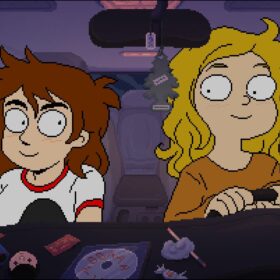
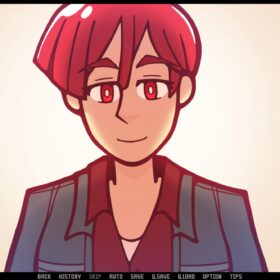

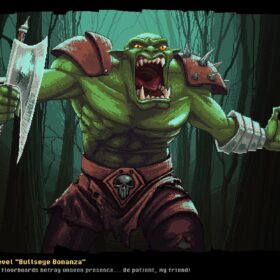
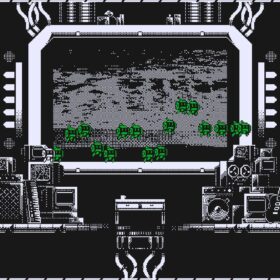
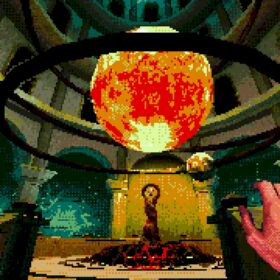
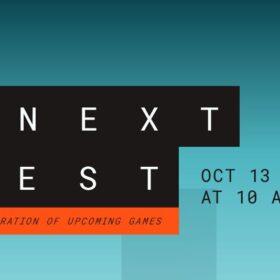
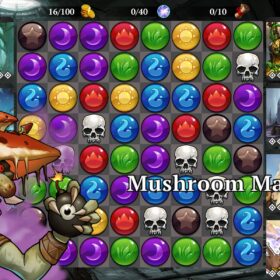
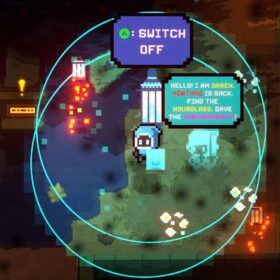
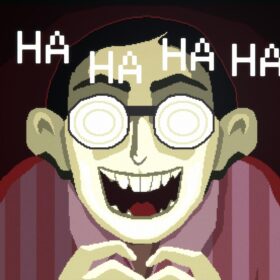
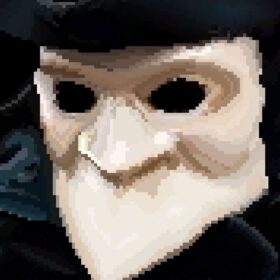
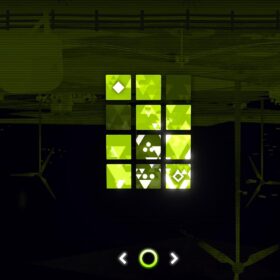
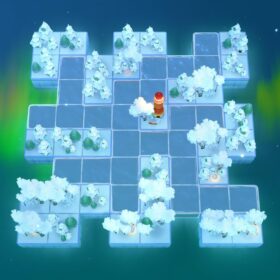
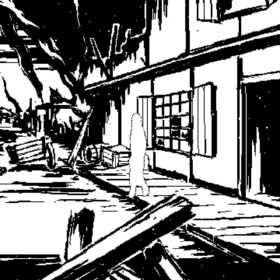


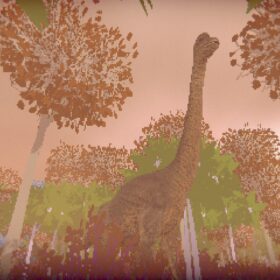
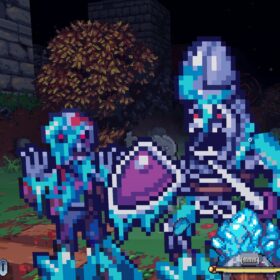
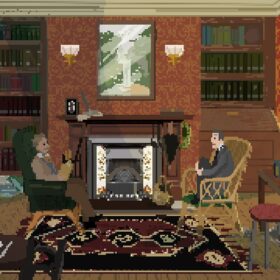
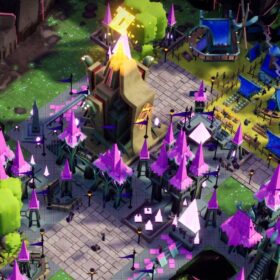
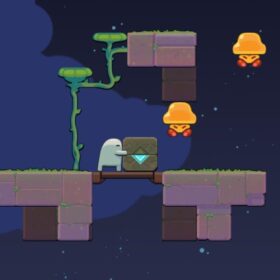
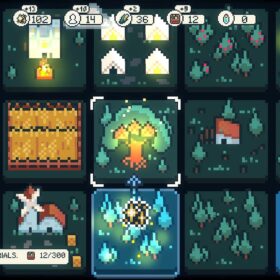

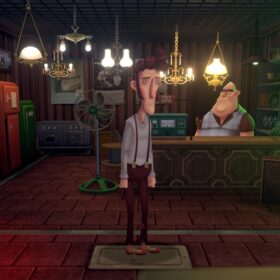
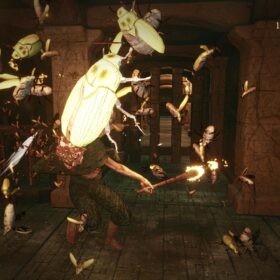

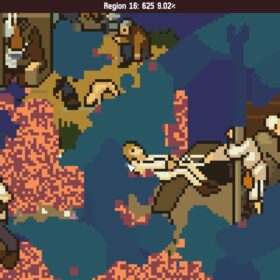
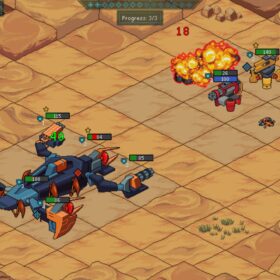


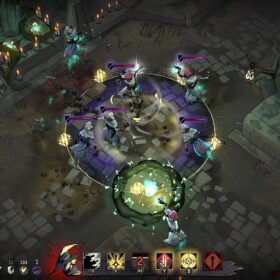
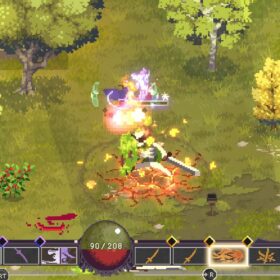
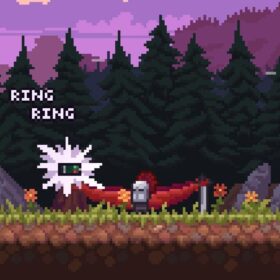
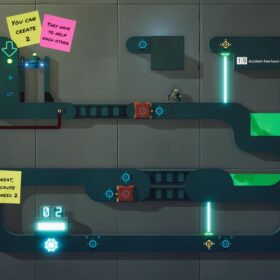
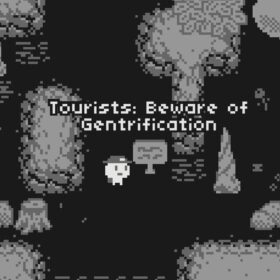
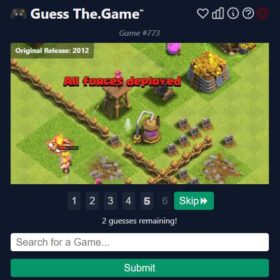
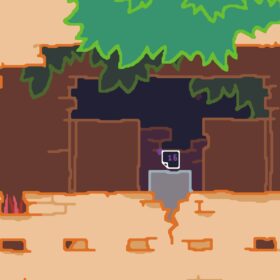
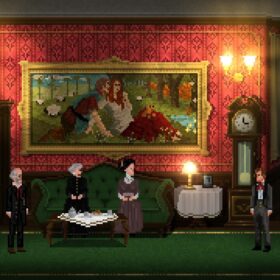

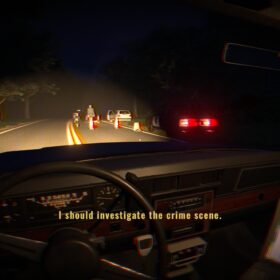
A Short Hike is full of gamified mini objectives, but it also takes some pains to nudge the player into thinking about them in a very playful way– as something like wandering along a beach collecting cool-looking shells and swing-able sticks.
“A Short Hike” has an almost perfect synthesis of main quest, side quests, and theme. You are a teen at summer camp. Your aunt says, Why don’t go play with the other kids? But you’re all: This place sucks; there’s no wifi or cell service. I’m gonna hike up to where I can get a signal.
And so the game’s question to the player is exactly the same as what the NPCs ask the character: “Play with me?” Do you want to be a sourpuss and head straight up the mountain, or can you be convinced to stop and have some fun?
Reader, I was convinced. Like a teen realizing maybe this camp isn’t just something dumb for kids, I found the characters more charming, the dialog and activities more amusing, and the island more interesting than I expected.